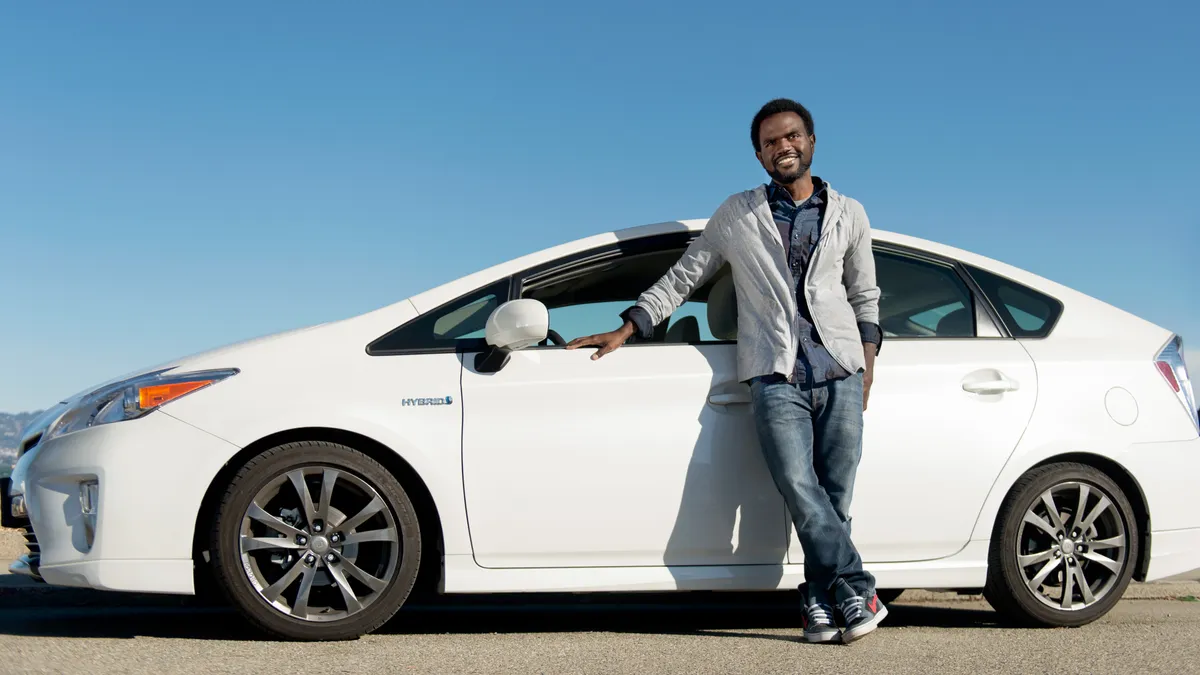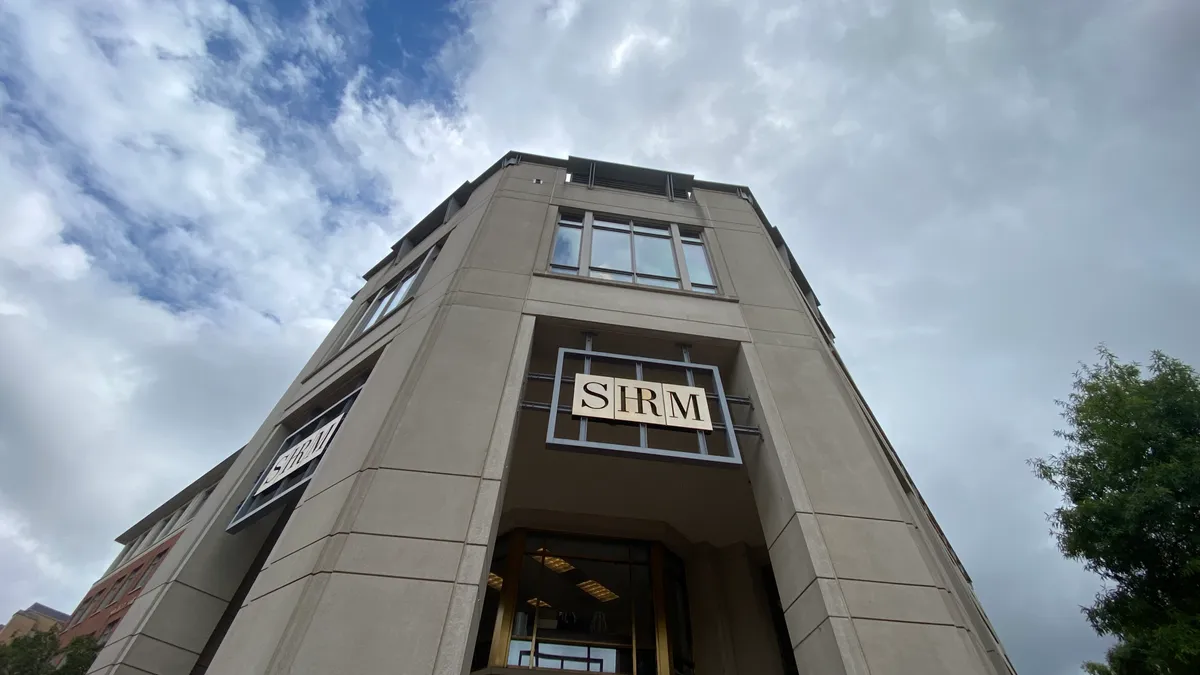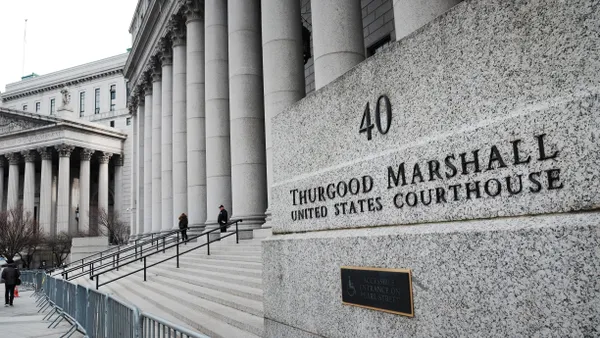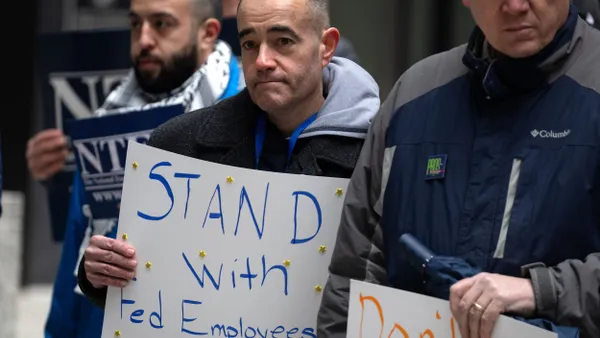Dive Brief:
- Uber admits to a tax miscalculation that cost its drivers tens of millions of dollars, The New York Times reports. The ride-hailing company vowed to correct its actions by repaying drivers the wages they lost in the process. A lawsuit might have doubled the repayment amount.
- Uber said it took its share of drivers' fares from amounts that included a state tax, per the report. For example, if a passenger paid a driver $20, of which $2 applied to a state's tax, Uber's commission was based on the full $20, rather than on the pre-tax amount of $18.
- Bhairavi Desai, executive director of the New York Taxi Workers Alliance, told the Times that Uber built its business model on the assumption that drivers will consume the tax payment. A New York drivers' advocacy group sued Uber over the practice, which the group says amounts to wage theft.
Dive Insight:
This is a case study in business ethics. The Times examined Uber's contract with the drivers and concluded that the document allowed the company to deduct its 25% commission from only the drivers' fares, not the tax; the company might have breached its own contract.
Employers that operate in multiple jurisdictions often struggle to abide by the laws of each. Uber reportedly calculated its commission on fares collected from routes that begin and end in one state the same way it calculated its commission on intrastate routes. To operate in New York State, ride-hailing companies must pay a 9% sales tax per ride as well as a 2.5% surcharge that pays workers' compensation and death benefits for drivers.
As part of the oft-mentioned gig economy, Uber drivers and contingent workers like them are frequently the center of compensation and benefits controversy. In some localities, they've successfully unionized in order to advance their rights as a class of workers. In others, they've been less than successful.
Gig work will only increase over the next decade, and it's high time employers began preparing their compliance officers and HR departments for any potential storms.












